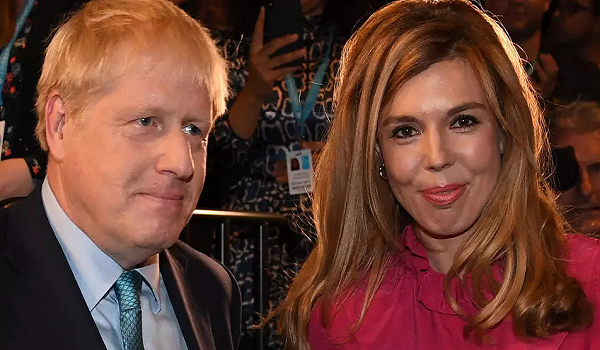
Prime Minister Boris Johnson ordered England back into a national lockdown after the United Kingdom passed the milestone of one million COVID-19 cases and a second wave of infections threatened to overwhelm the health service.
The UK, which has the biggest official death toll in Europe from COVID-19, is grappling with more than 20,000 new coronavirus cases a day and scientists have warned the “worst case” scenario of 80,000 dead could be exceeded.
Johnson, at a hastily convened news conference in Downing Street after news of a lockdown leaked to local media, said the one-month lockdown across England would kick in at a minute past midnight on Thursday morning and last until December 2.
In some of the most onerous restrictions in the UK’s peacetime history, people will only be allowed to leave home for specific reasons such as education, work, exercise, shopping for essentials and medicines or caring for the vulnerable.
Essential shops, schools, and universities will remain open, Johnson said, and while elite sports will continue, amateur sports for adults and children will be asked to stop.
Pubs and restaurants will be shut apart from for takeaways. All non-essential retail will close.
Asked if a lockdown could be extended beyond early December, senior cabinet minister Michael Gove told Sky News: “Yes.”
“We can definitively say that unless we take action now, the [health service] is going to be overwhelmed in ways that none of us could countenance.”
“Now is the time to take action because there is no alternative,” Johnson said, flanked by his chief medical officer, Chris Whitty, and his chief scientific adviser, Patrick Vallance.
“Unless we act, we could see deaths in this country running at several thousand a day.”
A government programme that has paid 80 percent of the wages of millions of furloughed employees during the pandemic was due to end Saturday, but will be extended during the new lockdown.
Al Jazeera’s Neave Barker, reporting from London, said the extension of the furlough scheme “will come with great relief I think to people knowing now that they’re entering a period of lockdown and they do have the support of the government.
“So, this isn’t just a health issue, it’s a deeply financial and economic one, as well.”
Barker said the projections of rapidly rising infections and deaths gave the lockdown added urgency.
“That is why the prime minister has made this radical U-turn on his strategy which previously was all about local lockdowns and all about limiting the possibility of what is now a national lockdown.”
The imposition of stricter curbs came after scientists warned the outbreak was going in the wrong direction and that action was needed to halt the spread of the virus if families were to have any hope of gathering at Christmas in December.
Johnson was criticised by political opponents for moving too slowly into the first national lockdown, which stretched from March 23 to July 4. He fell ill with COVID-19 in late March and was hospitalised in early April.






















